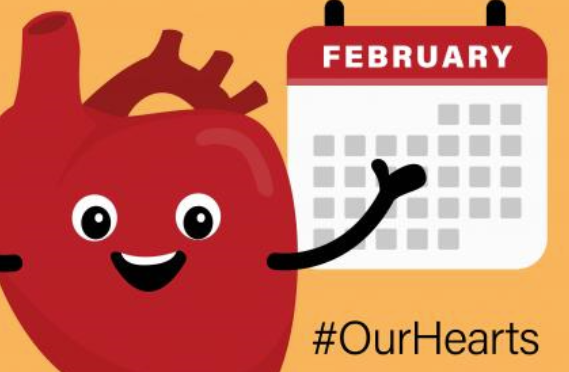February 13, 2024
The Community Health Corner
Submitted by Stephanie Gutierrez

The National Extension Framework for Health Equity and Well-being recommends using community development strategies and health literacy programs to ensure that everyone has a fair and just opportunity to be as healthy as possible. The following resources help us improve well-being for all, and achieve Healthy Kansas 2030 and Healthy People 2030 objectives.
The Drawbacks of Ultra-Processed Foods: Navigating a healthy diet can be challenging. While experts advocate for fresh, whole foods and home-cooked meals, the reality is, it's not always realistic – both in terms of cost and time. On the flip side, highly processed foods offer cheap and convenient options, but are often packed with excess calories, sugars, saturated fats, and salt. Additionally, scientists are uncovering the adverse effects of a diet rich highly processed foods, linking them to weight gain and an increased risk of diseases such as cancer, diabetes, and obesity. Read the NIH’s article Dejunking Your Diet: The Drawbacks of Ultra-Processed Foods for practical ways to eat healthier.
February is American Heart Month: American Heart Month is a month-long initiative focused on heart health and cardiovascular disease prevention. It aims to educate individuals about the importance of maintaining a healthy heart and making lifestyle choices that support cardiovascular well-being. Heart disease remains a leading cause of death worldwide, and this observance seeks to reduce its impact through awareness and action. To learn more about American Heart Month and utilize toolkits in your community click here.
Plastic particles in bottled water: Over the past several decades plastics have been seamlessly woven into the fabric of our daily routines, providing unmatched convenience. Yet, the impact of plastic pollution remains a growing public health concern. As plastics degrade, they produce microplastics and nanoplastics, that can infiltrate various facets of human consumption. A breakthrough imaging technique from Columbia University has now revealed thousands of minuscule plastic fragments in commonplace single-use water bottles. This innovation serves as a vital tool, casting a spotlight on the presence and repercussions of microplastic particles on both human and environmental health. To delve deeper into this groundbreaking discovery, click here.
For more information, contact Elaine Johannes, ejohanne@ksu.edu; and Stephanie Gutierrez, smgutier@k-state.edu